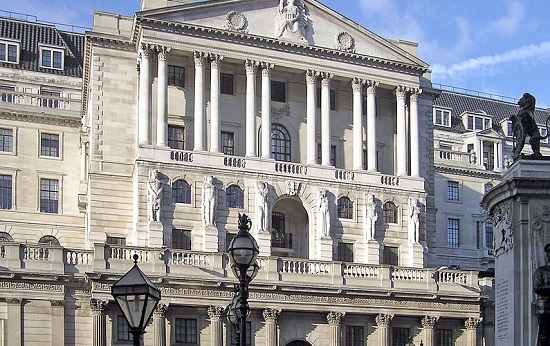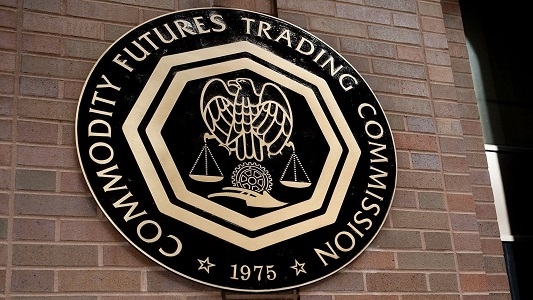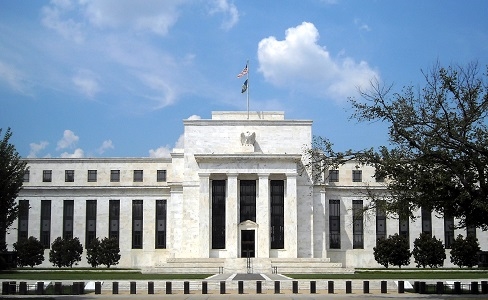Brexit concern for institutional operating models

The most widespread concern among professional investors about the effect of Brexit is its potential to impact operating models.
In Q4 2016 80% voiced concern in a State Street survey of institutional investors and alternatives managers, including 11.8% that said the impact would be very significant or significant.
The figure is also increasing, up from 76% in Q3 2016 when the first Brexometer Index survey was completed.
Jeff Conway, EMEA CEO at State Street, said: “Our findings show that institutional investors expect Brexit to have an impact on a range of operational issues, and subsequently we have seen an increase in clients looking to address this.
"Many appear well prepared for Brexit and are proactively putting strategies in place to mitigate any ensuing impact.”
The 111 investors surveyed around the end of 2017 were, unsurprisingly given the incoming requirements, interested in more third-party support for regulatory reporting: 31.8% envisaged increasing needs, a figure that was also up on the previous quarter.
The other areas where most respondents envisaged needing support were performance and risk analytics (14.5%), currency overlay strategies (11.8%) and fund restructuring (also 11.8%).
Institutional investors were unconcerned about the effect on investment performance: 63% expected to maintain their holdings in UK equities, bonds and/or alternatives over the next six months, with 12.7% expected to increase holdings and 16.3% expecting to decrease holdings.
Despite this, almost half (48%) expected investment in the UK to fall during Q1 2017, albeit down from 52% in the preceding quarter. Almost a third (31%) thought that asset owners will decrease investment risk over the next three-five years and 26% thought they would increase risk.
Michael Metcalfe, head of global macro strategy at State Street Global Markets, said: “Questions over timing of the UK’s ultimate split from the EU and the nature of their future relationship still linger and have the potential to weigh on both the economy and the pound.
"Nevertheless, thus far at least, the extremely gloomy pre-Brexit predictions for the UK economy and asset markets look well off the mark.”
Sterling weakened sharply following the vote and fell sharply again in October. However, it has been more stable since.
James Binny, EMEA head of currency at State Street Global Advisors, added: “The weakness benefitted UK based clients who were not hedged. However, we have seen increased hedges from existing currency overlay clients – both into passive and more dynamic approaches – as well as more enquiries from clients who haven’t managed currency before.
"For some this is simply driven by a desire to reduce risk when other asset return expectations are lower, but also UK based investors who have gained from sterling weakness and so are seeking to lock in those profits.”
Found this useful?
Take a complimentary trial of the FOW Marketing Intelligence Platform – the comprehensive source of news and analysis across the buy- and sell- side.
Gain access to:
- A single source of in-depth news, insight and analysis across Asset Management, Securities Finance, Custody, Fund Services and Derivatives
- Our interactive database, optimized to enable you to summarise data and build graphs outlining market activity
- Exclusive whitepapers, supplements and industry analysis curated and published by Futures & Options World
- Breaking news, daily and weekly alerts on the markets most relevant to you




